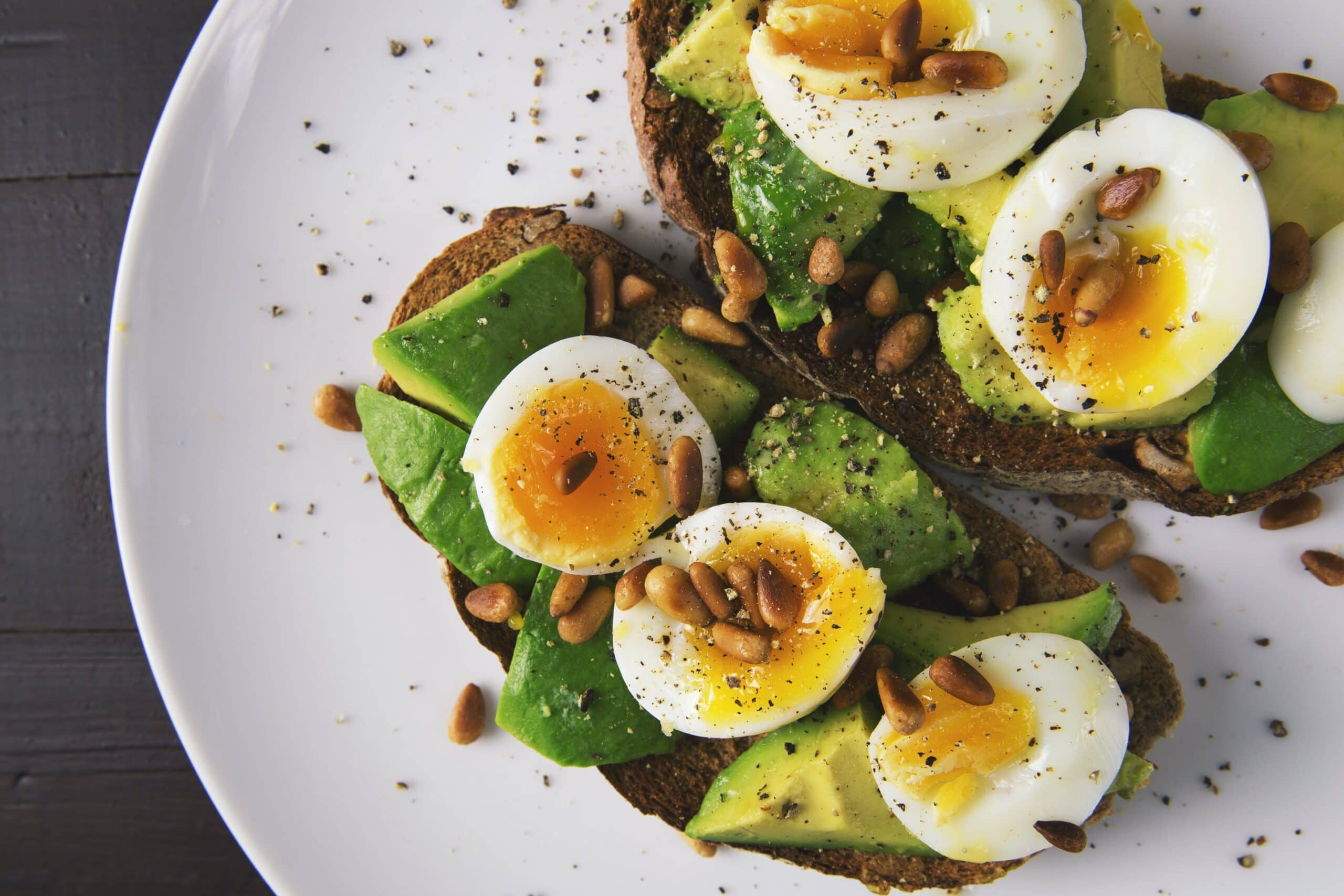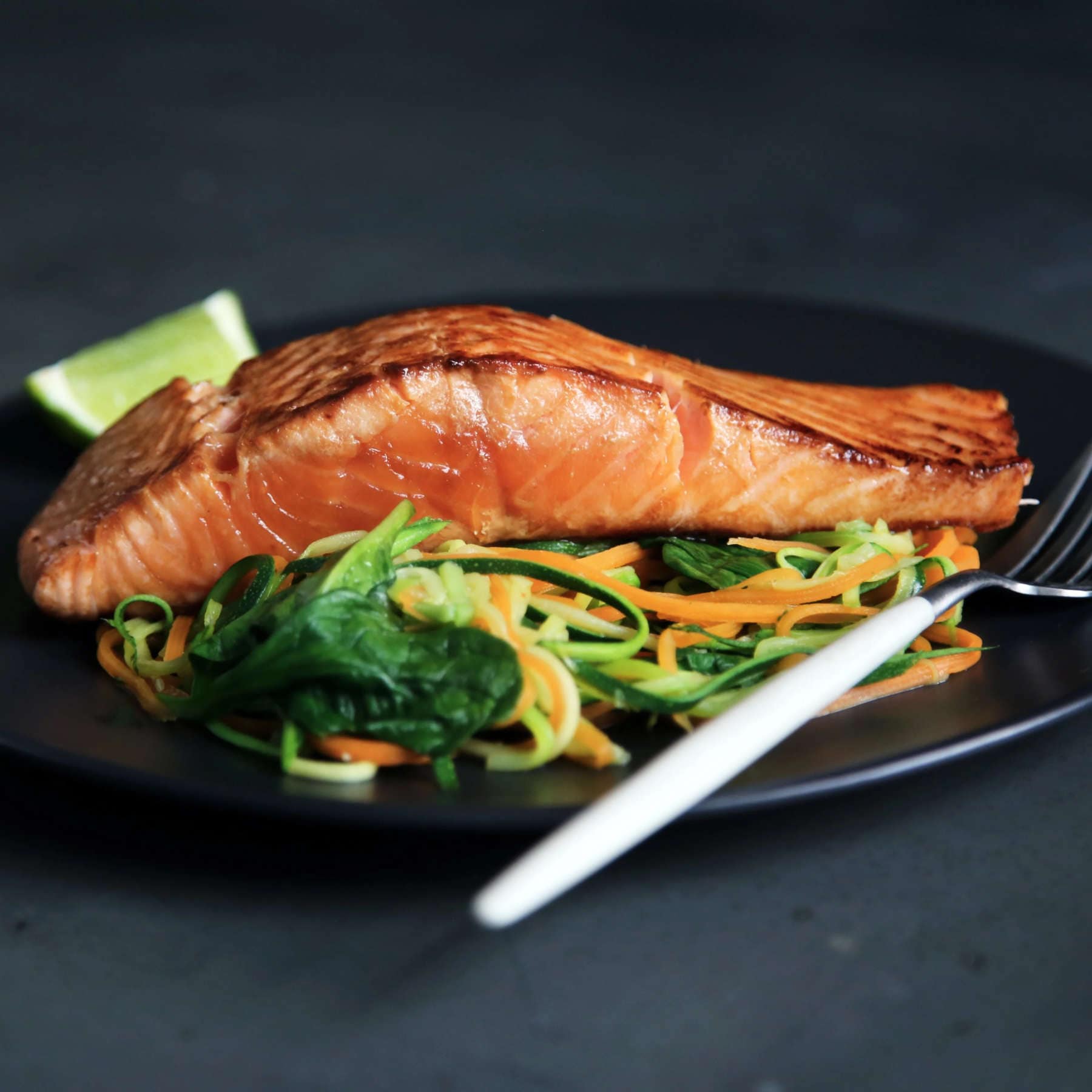Perimenopause and menopause are phases of life marked by significant hormonal changes that can impact a woman’s body in various ways.
One of the most common concerns people come to me with is weight gain, particularly around the tummy area.
As a women’s vitality coach with expertise in pilates, personal training, nutrition, and mindset who has been through this experience, I’m going to shed light on why this weight gain occurs and provide practical strategies to manage it.

Why Do We Gain Weight Around the Tummy?
There are several factors that may cause your body to change during perimenopause and beyond. Let’s take a look at them now.
Hormone Levels
Your hormone levels change a lot during this phase of your life. Estrogen usually protects against fat storage around the middle.
But, your estrogen levels decline during perimenopause which may be a factor in increased weight gain around the tummy.
Metabolism
As you age, your metabolism slows down which means your body burns fewer calories, and if your dietary habits remain the same, it’s easier to gain weight, especially around the belly.

Stress and Cortisol
High stress levels can lead to increased cortisol production, which can lead to increased fat storage in the abdominal area.
Genetic Factors
Genetic factors can also influence how and where you store fat.
Some women may be genetically predisposed to carry excess weight around their midsection.

Managing Weight Gain Around The Tummy
It’s not all doom and gloom however! Here are som ways you can manage weight gain around the tummy during perimenopause
Exercise
- Engage in regular strength training exercises. These can help boost metabolism, increase muscle mass, and enhance fat burning. Exercises like squats, lunges, and planks are effective for targeting the core and toning the tummy.
- Incorporating Pilates into your fitness routine can provide a holistic approach to abdominal strength, posture improvement, and overall body toning.

Nutrition
- Focus on a well-balanced diet that includes plenty of fruits, vegetables, lean proteins, and whole grains. Avoid or limit processed and sugary foods, as they can contribute to weight gain.
- Pay attention to portion sizes to prevent overeating. Eating mindfully can help you recognize when you’re truly hungry and when you’re satisfied.
- Stay well-hydrated by drinking plenty of water. Sometimes thirst is mistaken for hunger, leading to unnecessary snacking.
- Incorporate high-fiber foods like legumes, whole grains, and vegetables into your diet. Fiber can help with feeling full and satisfied.

Mindset
- Practice stress-reduction techniques such as mindfulness meditation, deep breathing exercises, or yoga. Reducing stress levels can help mitigate the impact of cortisol on abdominal fat.
- Cultivate a positive body image and practice self-compassion. Negative self-talk can lead to emotional eating and hinder weight management efforts.
- Set realistic and achievable goals for weight management. Track your progress and celebrate your successes along the way.

Take Control of Your Health and Happiness
Weight gain around the tummy during perimenopause and menopause is a common concern, but it’s not something you have to accept without taking action.
By incorporating regular exercise, maintaining a balanced diet, and nurturing a positive mindset, you can regain your confidence and well-being!
Remember that every woman’s journey is unique, so try out different techniques to find a routine that works for you.
You’ve got to enjoy it, or you won’t keep doing it!
Perimenopause and menopause can be a time of self-discovery and empowerment, and with the right tools and mindset, you can navigate it with confidence and vitality.
If you want to take control of your life and happiness, start by downloading your free 4 Essential Ingredients Checklist here.
If you enjoyed this article you might also enjoy these:
Balancing Hormones Naturally: Nutrition Tips For Perimenopause
Embrace The Autumn Renewal: Nurturing Your Health and Confidence During Perimenopause



0 Comments